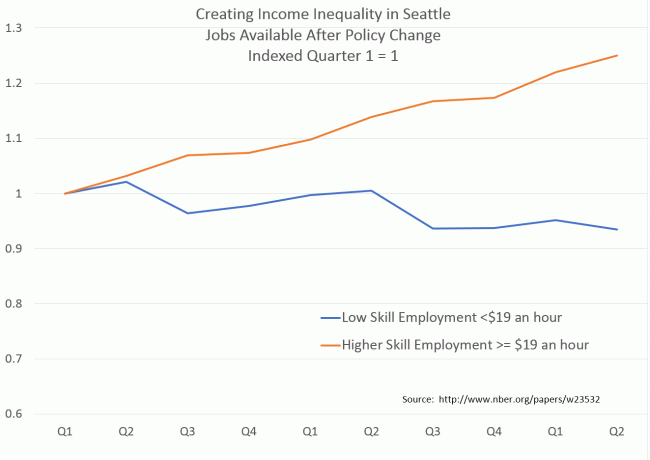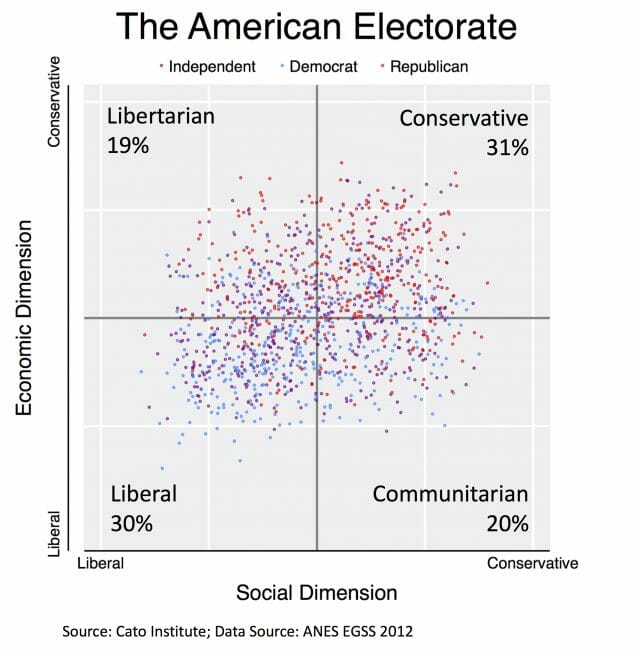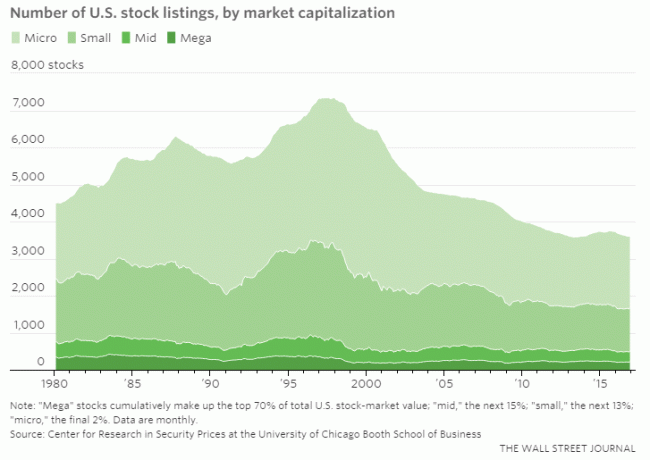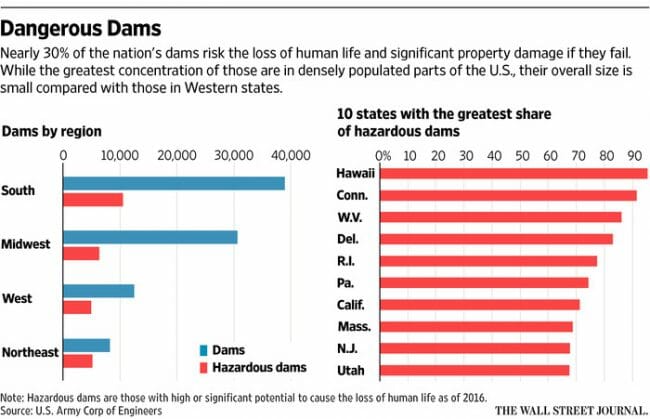Google was (and is) a big supporter of Net Neutrality. Content providers like Google (Google owns Youtube, among other large content sites) want to make sure that other content providers are not somehow given special treatment by the ISP's that provide the bandwidth for consumers to view these sites. In particular, sites like Youtube and Netflix, which consume a HUGE percentage of the bandwidth at many ISP's, don't want to somehow pay any extra costs that might be imposed on content sites that use a lot of bandwidth. I wrote this on net neutrality a few years ago:
Net Neutrality is one of those Orwellian words that mean exactly the opposite of what they sound like. There is a battle that goes on in the marketplace in virtually every communication medium between content creators and content deliverers. We can certainly see this in cable TV, as media companies and the cable companies that deliver their product occasionally have battles that break out in public. But one could argue similar things go on even in, say, shipping, where magazine publishers push for special postal rates and Amazon negotiates special bulk UPS rates.
In fact, this fight for rents across a vertical supply chain exists in virtually every industry. Consumers will pay so much for a finished product. Any vertical supply chain is constantly battling over how much each step in the chain gets of the final consumer price.
What "net neutrality" actually means is that certain people, including apparently the President, want to tip the balance in this negotiation towards the content creators (no surprise given Hollywood's support for Democrats). Netflix, for example, takes a huge amount of bandwidth that costs ISP's a lot of money to provide. But Netflix doesn't want the ISP's to be be able to charge for this extra bandwidth Netflix uses - Netflix wants to get all the benefit of taking up the lion's share of ISP bandwidth investments without having to pay for it. Net Neutrality is corporate welfare for content creators.
A typical ISP would see this relative usage of its bandwidth. You can be assured everyone on this list is a huge net neutrality supporter.

Essentially, Google wanted to force ISP's to be common carriers, to be legally required to carry all traffic equally, even if certain traffic (like Google's Youtube) is about a million times more expensive to serve than other people's content.
But the point of this story is not about my issues with Net Neutrality. The point of this story is Karma, or as we used to say it in the South, what "goes around, comes around."
The European Union’s antitrust watchdog in the coming weeks is set to hit Alphabet Inc.’s Google with a record fine for manipulating its search results to favor its own comparison-shopping service, according to people familiar with the matter.
The penalty against Google is expected to top the EU’s previous record fine levied on a company allegedly abusing its dominance: €1.06 billion (about $1.18 billion) against Intel Corp.in 2009.
The fine could reach as high as 10% of the company’s yearly revenue, which stood at $90.27 billion last year.
But more painful to Google than a sizable fine could be other consequences that come with the European Commission’s decision, including changes not only to the tech giant’s business practices with its shopping service but with other services as well. The EU’s decision could also embolden private litigants to seek compensation for damages at national courts.
The EU is likely to demand Google treat its own comparison shopping service equally with those of its competitors, such as Foundem.co.uk and Kelkoo.com Ltd., possibly requiring the search giant to make rival services more visible on its own platform than they are at present. Such companies rely on traffic to their site from search engines like Google’s.
Hah! I think this is a terrible decision that has nothing to do with economic sanity or even right and wrong -- it has to do with the EU's frequent historic use of anti-trust law as a way to bash foreign competition of its domestic providers, to the detriment of its consumers. But it certainly is Karma for Google. The EU is demanding that Google's search engine become a common carrier, showing content from shopping sites equally and without favor or preference. The EU is demanding of Google exactly what Google is demanding of ISP's, and wouldn't you know it, I don't think they are going to like it.








